A couple of weeks ago I signed up* for a MOOC (Massive Open Online Course) through FutureLearn. It’s a 4 week course on Dyslexia and Foreign Language Teaching, from the University of Lancaster.
It’s a bit ironic – I’ve been recommending the Australian Open2Study to high intermediate learners as a way to see how prepared they are to study in a mainstream environment, but I hadn’t actually done this kind of online study myself.
Suddenly I’m a student again – now, admittedly I have studied at a distance recently, but in writing courses with a handful of participants. Here in a MOOC, it really is massive; there are hundreds of people commenting on each section of the course. I’m busy ‘liking’ comments and ‘following’ other participants – though of course not all are ESOL teachers – many are FL, as the course name suggests.
How it relates to the adult migrant literacy learners I meet
I’ve just completed Week 1 and am reflecting on the course’s focus on learning differences as manifesting in ways that I also see in some of our beginner (adult migrant) learners:
- disorganisation, difficulty keeping papers together
- real trouble associating sounds and symbols
- appearing to ‘read’ but having no sense of the overall meaning
- extremely slow and laboured writing
- trouble memorising (think: lists of irregular verbs)
- lack of self-confidence, feeling of never being able to keep up
Of course, your immediate reaction to this list might well be, “Aren’t you just talking about learners who haven’t had previous formal education, who haven’t been in formal study for a while, or who come from a different script background/direction?”
True, many of those learners will find English a challenge initially, but the points about organisation and memory are making me wonder how many students who get ‘stuck’ in Prelim or Beginner levels have learning differences – neurological differences, estimated to occur in about 1 in 10 of us…
Ways to support our students
Luckily, from my first look at Week 2, it appears that a lot of the ways to support such learners are things that we could, should, can do for every student. (I say luckily because I’m not sure I can send every struggling student to our Disability Officer for testing with an interpreter.)
I’ll post more as I go along…meanwhile, there’s an introductory video on YouTube:
(*I heard about this course through the Facebook ACTA Adult ESOL Interest Group, which is highly recommended!)


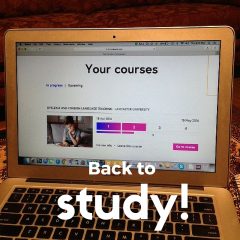
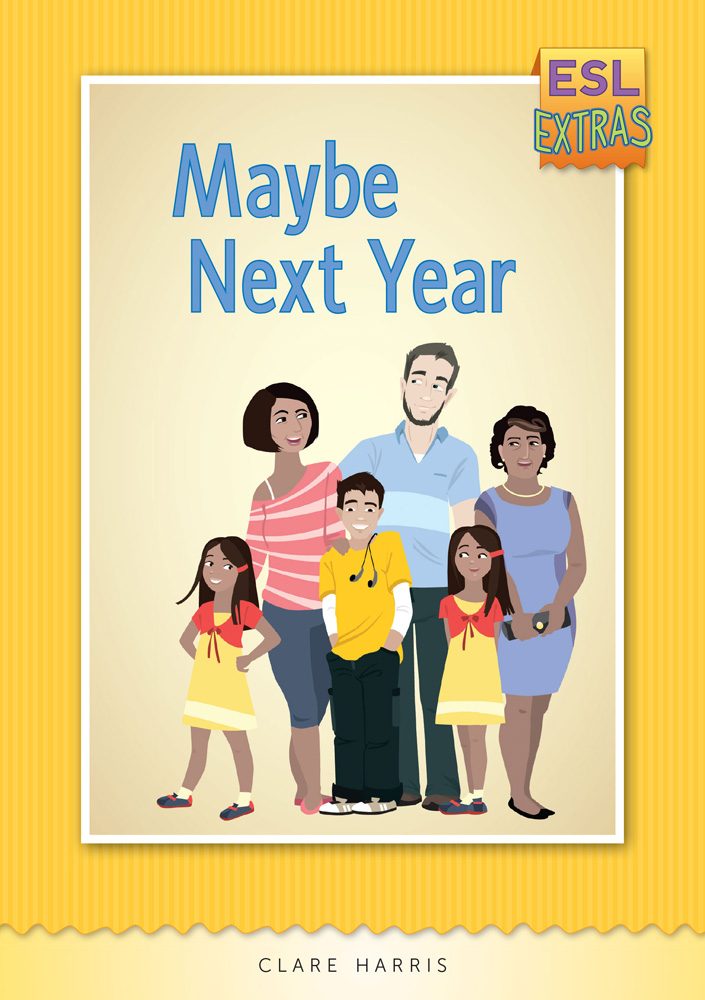
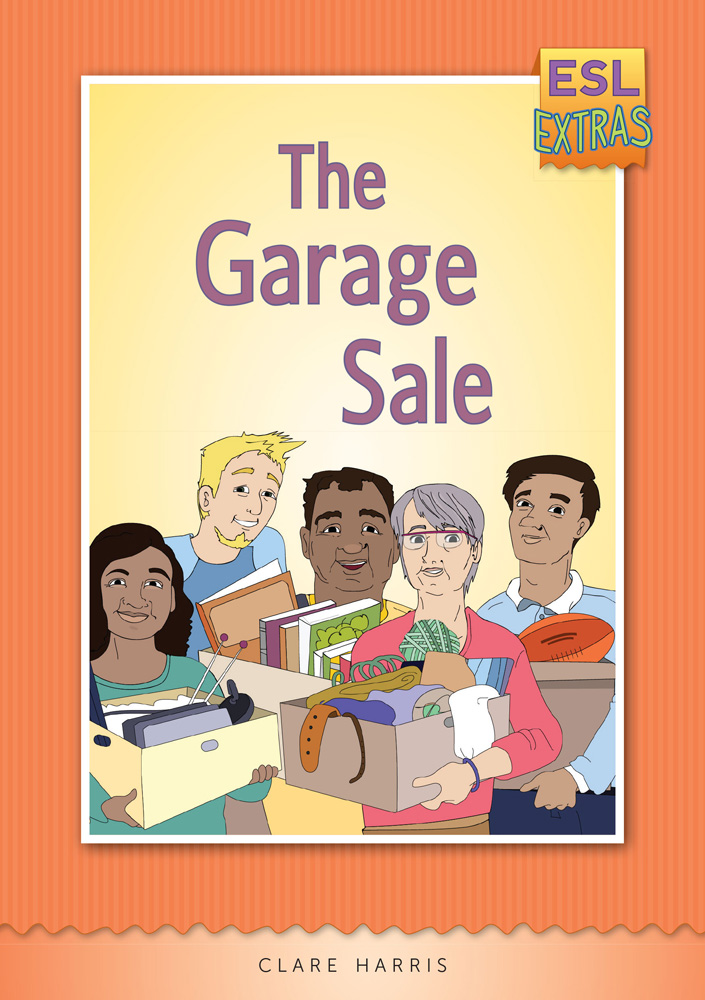
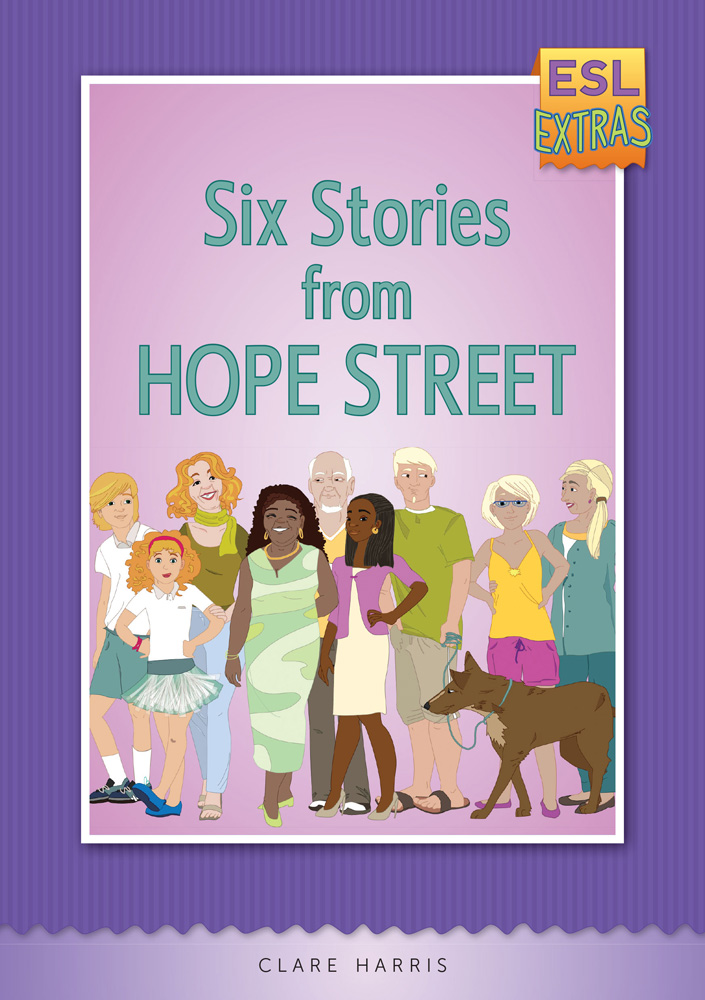
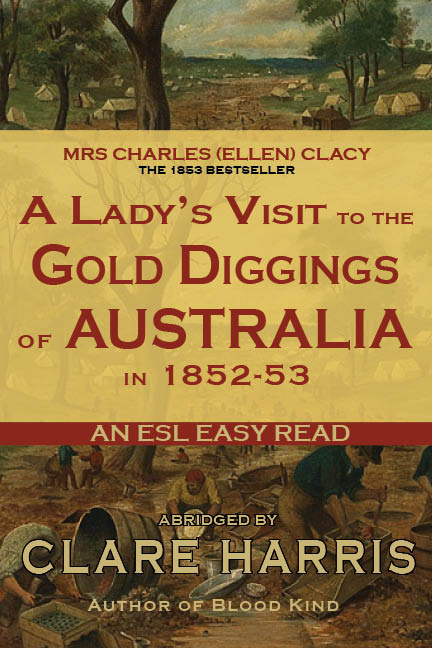
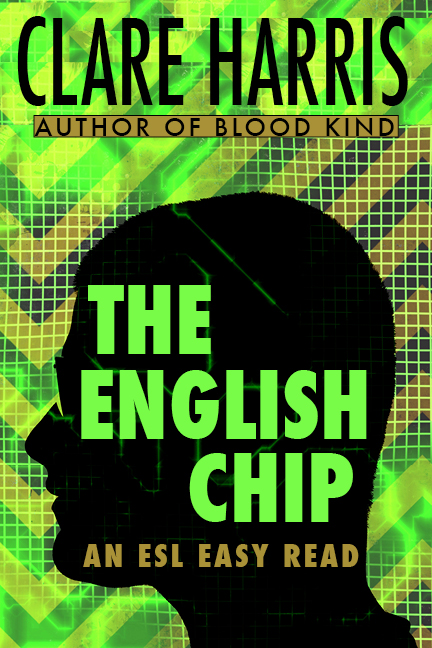
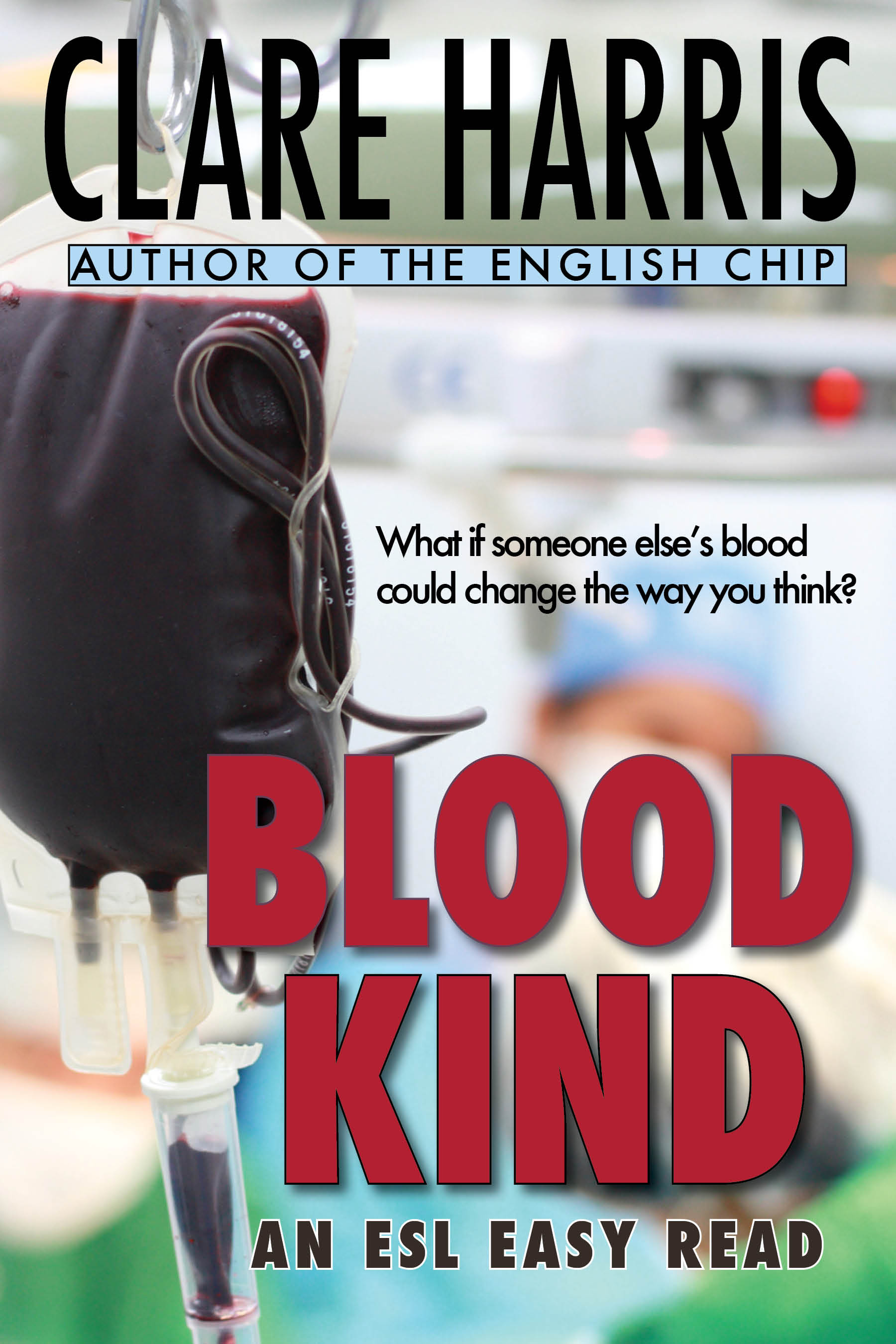

One response to Adventures in MOOC-land: Dyslexia and FL Teaching
Comments are closed.